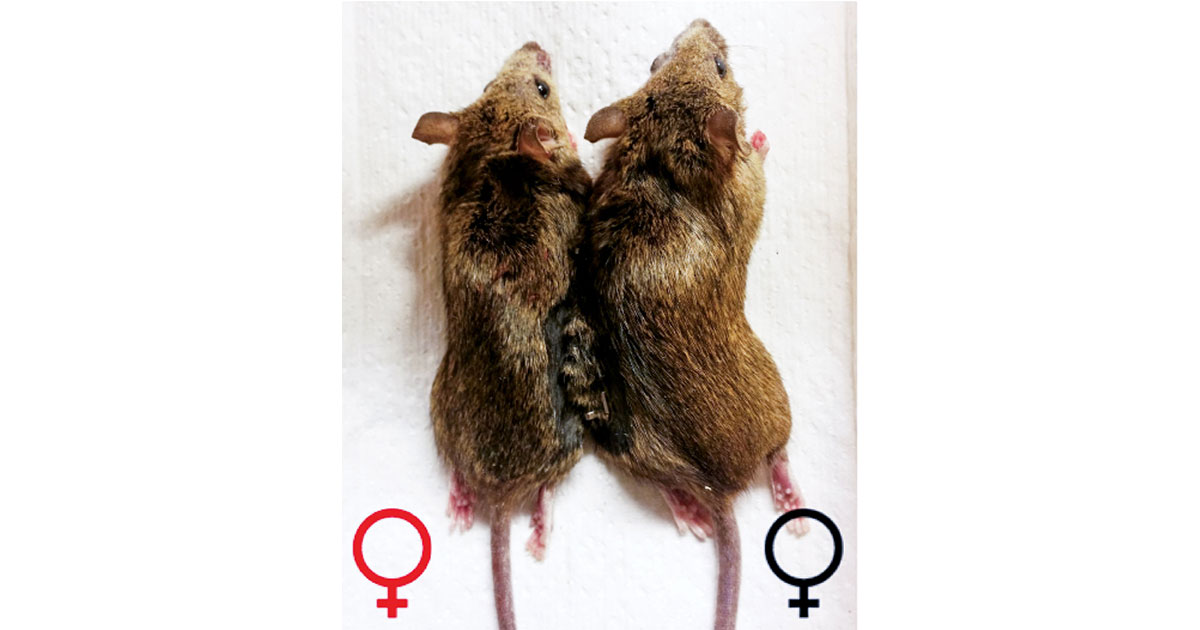Advertisement
Grab your lab coat. Let's get started
Welcome!
Welcome!
Create an account below to get 6 C&EN articles per month, receive newsletters and more - all free.
It seems this is your first time logging in online. Please enter the following information to continue.
As an ACS member you automatically get access to this site. All we need is few more details to create your reading experience.
Not you? Sign in with a different account.
Not you? Sign in with a different account.
ERROR 1
ERROR 1
ERROR 2
ERROR 2
ERROR 2
ERROR 2
ERROR 2
Password and Confirm password must match.
If you have an ACS member number, please enter it here so we can link this account to your membership. (optional)
ERROR 2
ACS values your privacy. By submitting your information, you are gaining access to C&EN and subscribing to our weekly newsletter. We use the information you provide to make your reading experience better, and we will never sell your data to third party members.
Biological Chemistry
Alnylam And Tekmira Settle RNAi Dispute
Legal battle over intellectual property ends, restructured relationship begins
by Lisa M. Jarvis
November 19, 2012
| A version of this story appeared in
Volume 90, Issue 47
A week before they were expected to meet in a Massachusetts courthouse, Alnylam Pharmaceuticals and Tekmira Pharmaceuticals have settled their legal differences and restructured agreements involving delivery technology for RNAi drugs.
Alnylam will pay Tekmira $65 million to dissolve a manufacturing arrangement and a licensing pact for certain Alnylam products. Alnylam also hands over to Tekmira the intellectual property for the MC3 family of delivery lipids, but Alnylam can use the technology in its own products and sublicense it to partners.
The agreement ends a dispute that began in March 2011 when Tekmira sued Alnylam for misuse of trade secrets related to Tekmira’s lipid nanoparticle (LNP) delivery technology for RNAi. Alnylam filed a countersuit in January 2012 claiming Tekmira had infringed upon its LNP patents.
The companies’ partnership had three facets: licensing agreements that allowed Alnylam to develop products using Tekmira’s delivery technology, a research collaboration for LNP technology, and a manufacturing pact under which Tekmira made Alnylam products.
Last week’s restructured agreement upends all the prior pacts and sets up a straightforward licensing deal, explains Alnylam CEO John M. Maraganore. “We’re done with them; they’re done with us,” he says. “It’s a divorce.”
Since Tekmira filed suit in 2011, Alnylam has been quietly establishing manufacturing capabilities in Cambridge, Mass. Alnylam says it will be able to produce its own supplies of ALN-TTR02, an RNAi-based treatment for TTR-mediated amyloidosis. Phase III studies of ALN-TTR02 are expected to start in late 2013.




Join the conversation
Contact the reporter
Submit a Letter to the Editor for publication
Engage with us on Twitter